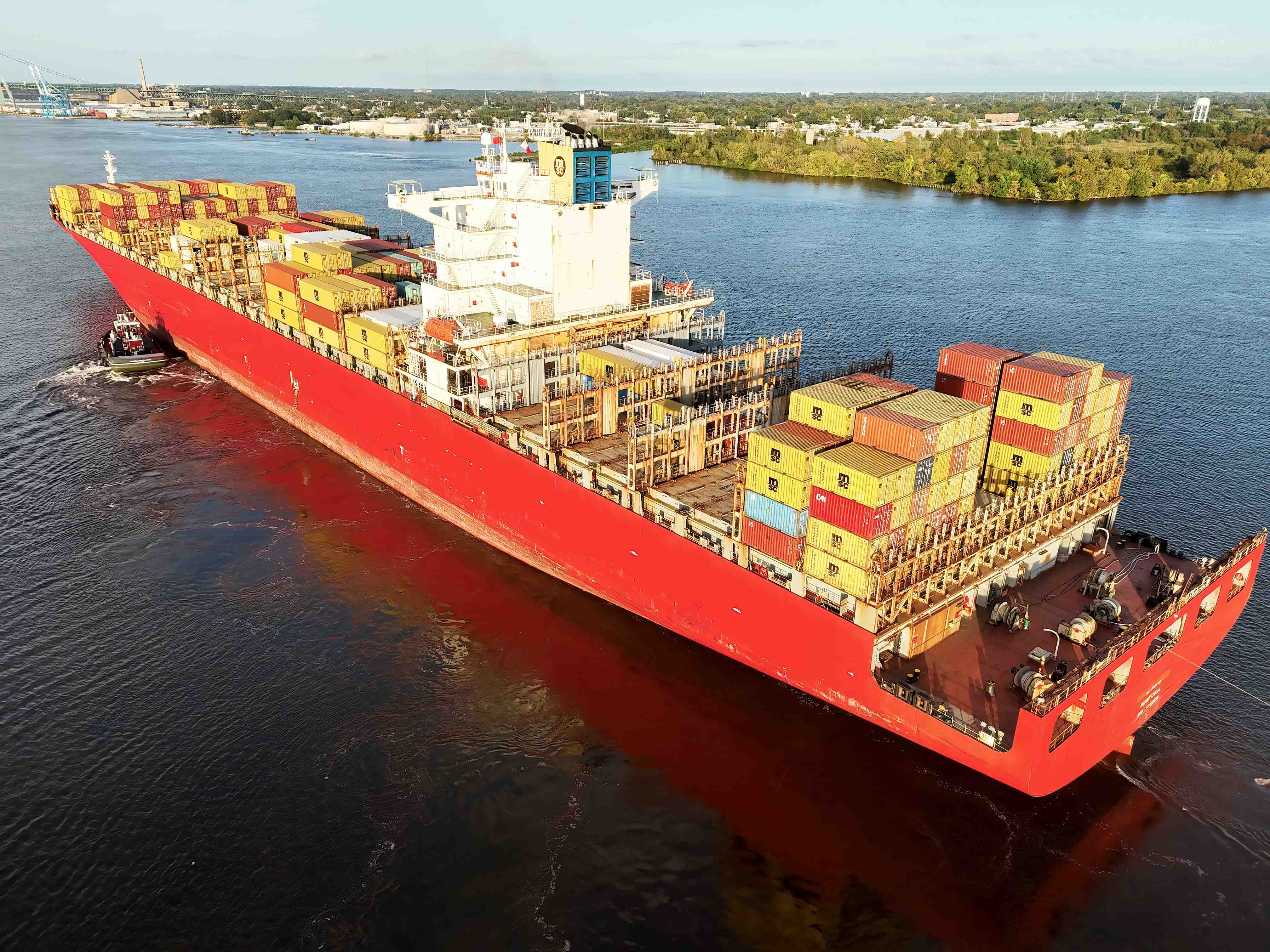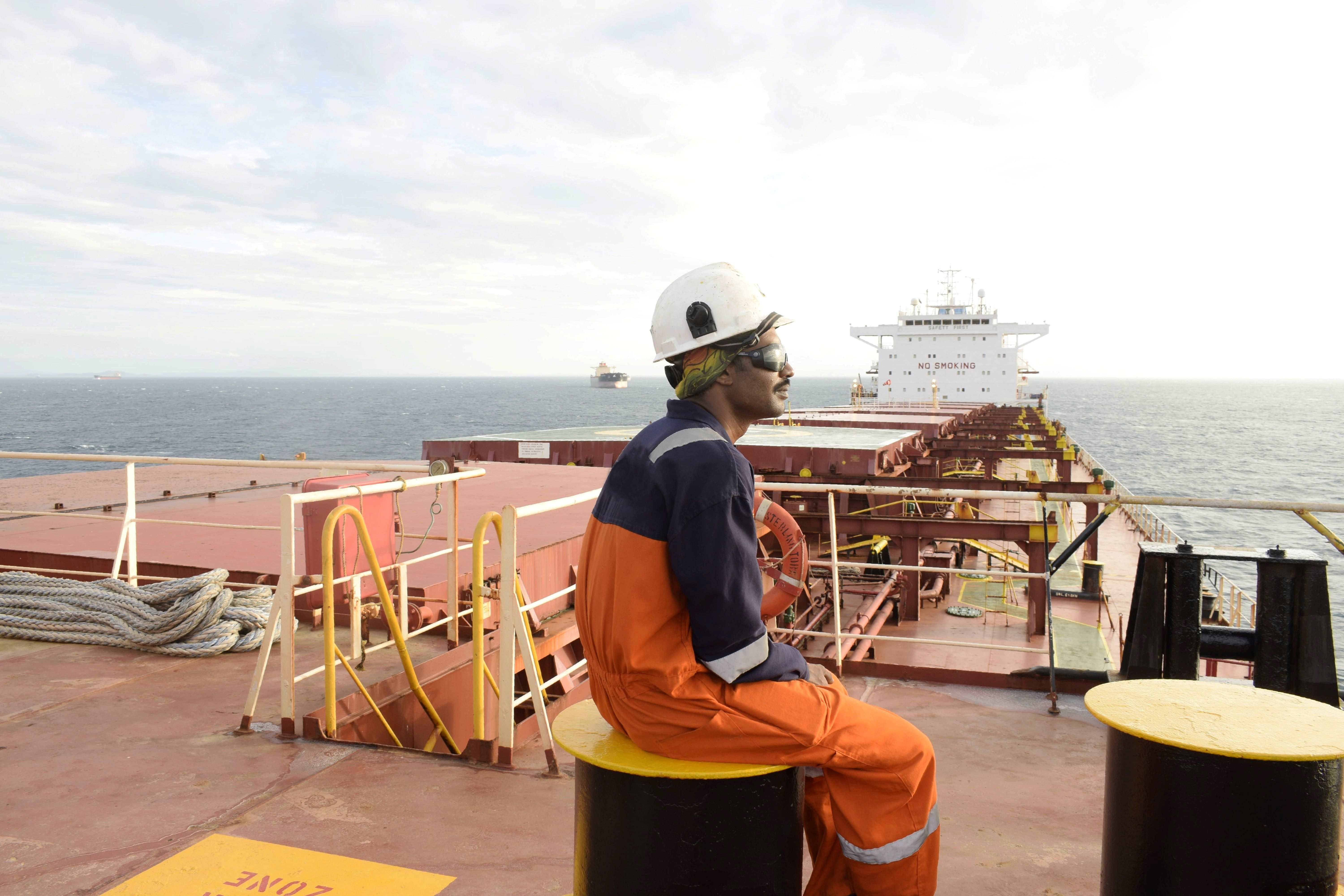Marine insurance issues
A UN initiative aimed at regulating fishing, energy and economic activity on the High Seas could have unintended consequences for shipping

ICS engagement with commercial marine insurers is of great importance. In the past, underwriters’ practice had been to present shipowners with significant changes in cover as a fait accompli. The ongoing dialogue between ICS and the industry, which has been maintained over many years irrespective of the state of the insurance market, provides a forum for consultation and discussion, and is valued by both the insurers and ICS.
ICS Insurance Committee’s primary purpose is to liaise with the London commercial hull insurance and war risks markets. Liaison with other major insurance markets, e.g. in Europe and Asia, is also maintained, not least through regular contact with the International Union of Marine Insurance (IUMI), which represents the global marine insurance industry.
Ongoing dialogue provides a forum for consultation and discussion
Liaison is particularly important with respect to scope of cover issues and how the commercial marine insurers assess risk. Current topics for discussion at the regular meetings of the ICS Insurance Committee Chairman and the London market Joint Hull and Joint War Committee Chairmen include insurance coverage for marine cyber risks, digitisation and automation, and war risks/piracy.
Traditionally, the commercial insurance sector has not engaged to any great extent in regulatory issues that may affect their shipowner clients’ businesses. However, recent times have seen a greater interest on the part of this sector to engage in IMO and other intergovernmental debates both as marine property insurers and reinsurers of shipowners’ liabilities.
A win-win scenario
A topical example is the IMO 2020 sulphur cap. Initially, the marine property (hull and machinery) insurers were primarily concerned about the impact that the new low sulphur fuels might have in terms of potential machinery damage claims.
However, through ongoing dialogue with ICS, representatives of commercial marine property insurers have gained a greater appreciation of the bigger picture and are now working with shipowners to bring greater pressure to bear on the refineries to ensure there is sufficient supply of IMO 2020 compliant fuel which is compatible with ships’ machinery. This collaborative effort could result in a win-win for the insurers and their shipowner clients, and for safety and the environment.
Related content

Alternative fuels revolution an opportunity to boost trade resilience

Red Sea attacks join triple threat to global trade

Seafarer wellbeing under threat amid geopolitical conflict
